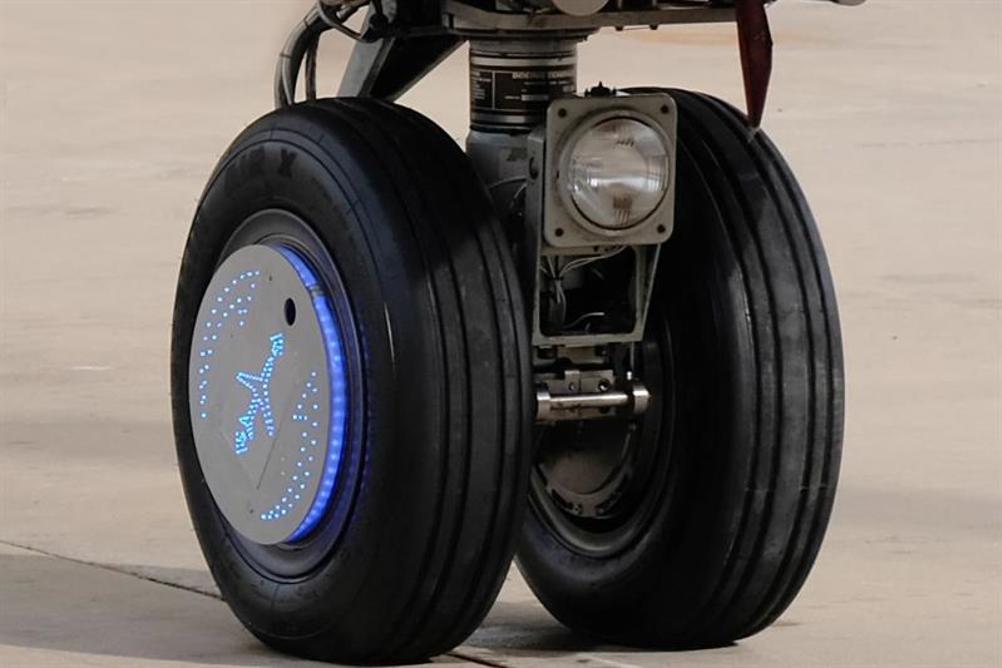
The parties will cooperate on an assessment of the airport, evaluating how the WheelTug e-taxi system (electric motors installed in aircraft nose wheels) can improve the efficiency of the existing infrastructure through the implementation of FASTGates (Fast And Safe Turn Gates).
FASTGates are airport gates optimised for WheelTug e-taxi maneuvers, and studies such as this one will help prepare airports for WheelTug’s entry into service. Additional goals include analysing how WheelTug will support the increasing automation of ground operations while simultaneously reducing CO2 and NOx emissions. This is in line with the industry’s move towards increased sustainability and environmental consciousness.
“As part of its ESG strategy, Prague Airport supports innovations with the potential to reduce CO2 emissions, this technology included. In addition, it could contribute, for example, to improved on-time performance,” Jiří Pos, Prague Airport CEO, said, adding: "We will be involved in the testing of WheelTug, and we hope that the unique technology will also increase the interest of air carriers seeking to reduce the environmental impact of their operations."
“It's great to be working with Prague again. We look forward to partnering with our Czech colleagues once more to determine how WheelTug will benefit Václav Havel Airport Prague and potentially airports across Europe,” said WheelTug CEO Isaiah Cox.
The Prague study follows the successful conclusion of a similar assessment at Chhatrapati Shivaji Maharaj International Airport in Mumbai. There, WheelTug and the airport management determined that without major capital expenditures, introducing FASTGates will enable an additional 2-3 aircraft movements daily for each gate. The more efficient throughput will reduce traffic on Mumbai's taxiways, offer safer and cleaner pushbacks, and provide tens of millions of dollars in ground operations savings.






